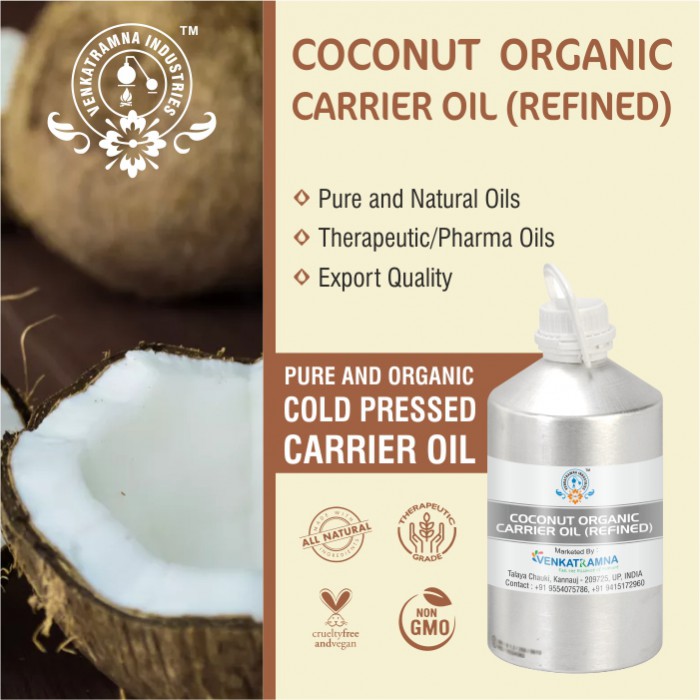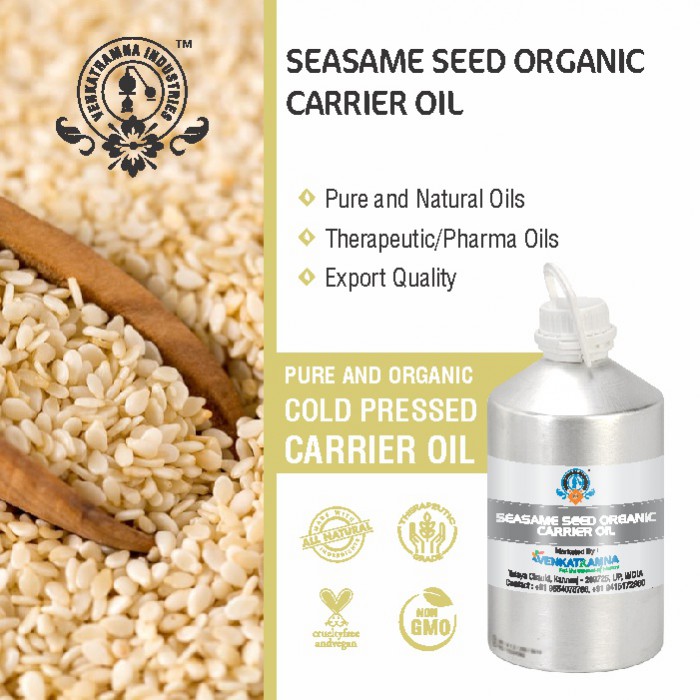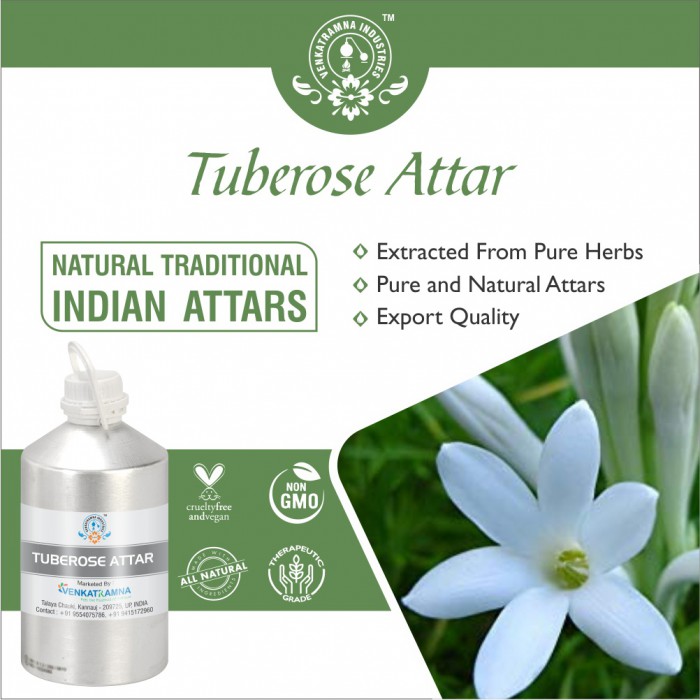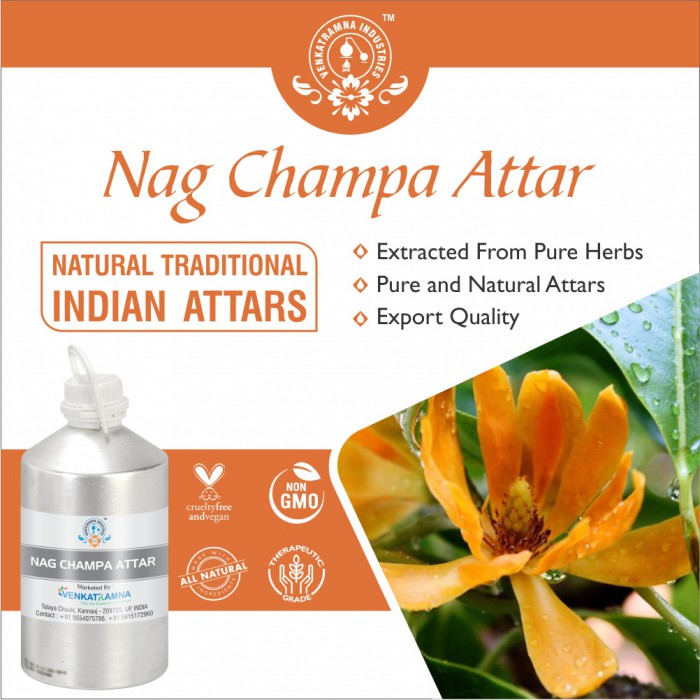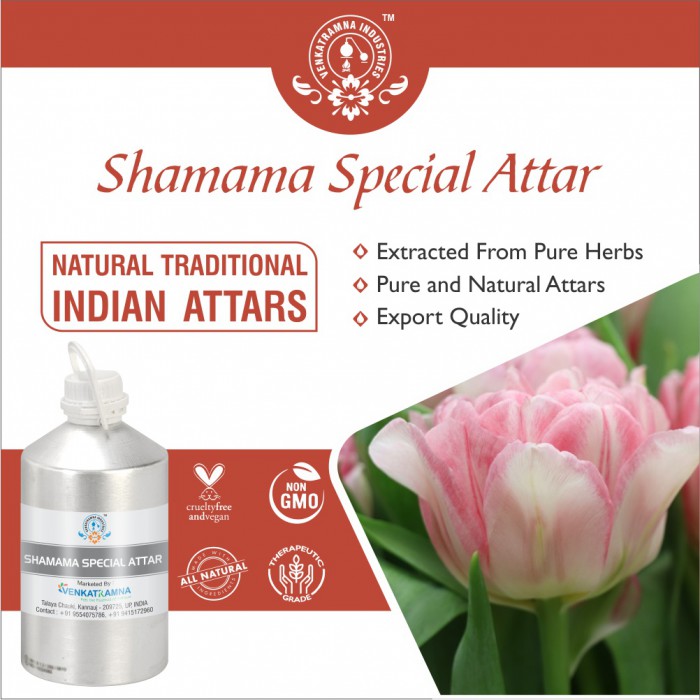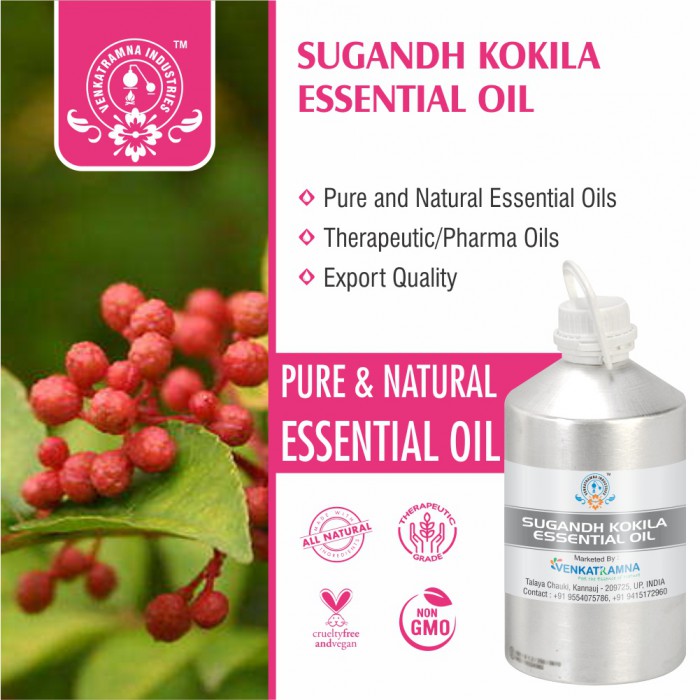Botanical Name: Thymus vulgeris Common name: Common thyme, Garden thyme Read More
|
Botanical Name: |
Thymus vulgeris |
|
Common name: |
Common thyme, Garden thyme |
|
Plant
family: |
Lamiaceae |
|
Genus: |
Thymus |
|
Appearance/Color: |
A thin, clear,
pale yellow liquid. |
|
Odor: |
A top note with a
strong aroma, Thyme has a woody, medicinal scent described as spicy and
green. |
|
Blends With: |
Bergamot,
Grapefruit, Lemon, Lavender, Rosemary and Pine |
|
Origin: |
Spain |
|
Source: |
Aerial Parts |
|
Method
of Extraction: |
Steam
Distillation |
The genus Thymus, member of the Lamiaceae family, contains
about 400 species of perennial aromatic, evergreen or semi-evergreen herbaceous
plants with many subspecies, varieties, subvarieties and forms. In Romania, the
Thymus genus contains one species cultivated as aromatic plant (Thymus vulgaris)
and other 18 wild species. T. vulgaris (thyme), locally known as “cimbru”, is
widely used in the Romanian folk medicine for its expectorant, antitussive,
antibroncholitic, antispasmodic, anthelmintic, carminative and diuretic
properties.
Thymus vulgaris (TV) or “thyme” is considered as a famous species of the genus “Thymus” (family Lamiaceae), which represents one of the distinguishable plants in many parts of the world, especially throughout the Mediterranean area, North Africa, Asia and Europe. Thymus family is well known for its biological and natural activities like a food additive and its usage in the traditional medicine and pharmaceutical preparations.
DISCLAIMER
The complete range of conditions
or methods of use are beyond our control therefore we do not assume any
responsibility and expressly disclaim any liability for any use of this
product. Information contained herein is believed to be true and accurate however,
all statements or suggestions are made without warranty, expressed or implied,
regarding accuracy of the information, the hazards connected with the use of
the material or the results to be obtained from the use thereof. Compliance
with all applicable federal, state, and local laws and local regulations
remains the responsibility of the user.
The FDA has not evaluated the
statements on this website. No claims are made by Venkatramna Industries as to
the medicinal value of any products from vriaroma.com or by us. The information
presented here is for educating our customers about the traditional uses of
essential oils and is not intended to diagnose, treat, cure, or prevent any
disease. You are responsible for understanding the safe application of these products.
If you have any questions, please call or email us for further information.
As per NAHA guidelines, New Directions Aromatics
(NDA) does not recommend the ingestion of essential oils. It is imperative to
consult a medical practitioner before using Essential Oils for therapeutic
purposes. Pregnant and nursing women and those taking prescription drugs are
especially advised not to use this product without the medical advice of a
physician. The oil should always be stored in an area that is inaccessible to
children, especially those under the age of 7.
Thymus vulgaris is recognized as common thyme, which perhaps originated from
its utility as incense, has been used for centuries as spice, home remedy,
drug, perfume, and insecticide. It is considered one of the most eminent herbs
based on its history, aromatic and medicinal properties. In ancient times,
Thyme was used by the Sumerian and Egyptian morals for various medical purposes
to save the people from death. Romans overcooked thyme not only to keep the
dangerous animals away but also to give the cheese its flavor. Furthermore, Thymus
vulgaris has been utilized for several years as a treatment for various
diseases such as dental plaque, dermatophyte poisons, pneumonia,
anti-in?ammatory and intestinal disorders.
Thyme (Thymus vulgaris L.,
Lamiaceae), a small subshrub native to the western Mediterranean region of
Europe, has a long history of use and is a chemically variable species. In folk
medicine, some Thymus spp. are used for their antihelminthic,
expectorant, antiseptic, antispasmodic, antimicrobial, antifungal, antioxidative,
antivirotic, carminative, sedative, and diaphoretic effects. They are usually
administered by infusion or are used externally in baths to cure rheumatic and
skin disease.
Volatile oils of thyme are among
the main essential oils used in the food industry and in cosmetics as
preservatives and antioxidants and
as spice, home remedy, drug, perfume, and insecticide
COMMON USAGE
·
Increases circulation
·
Boosts immune system
·
Cicatrizant
·
Skin care
·
Antispasmodic
·
Antirheumatic
·
Kills bacteria
·
Tonic
·
Protects heart health
·
Carminative
·
Stimulates urination
·
Emmenagogue
·
Expectorant
·
Detoxifies the body
·
Relieves anxiety
·
Vermifuge
Ingredients:
|
S.No |
Key
Constituents |
Strength
(%) |
|
1 |
(E)-4-thujanol |
39.8 |
|
2 |
(Z)-4-thujanol |
7.5 |
|
3 |
Myrcenol |
7.4 |
|
4 |
Linalool |
6.8 |
|
5 |
b-myrcene |
4.8 |
|
6 |
b-caryophyllene |
4.1 |
|
7 |
Terpinen-4-ol |
4.1 |
|
8 |
Myrtenyl acetate |
4.0 |
|
9 |
a-terpineol |
3.2 |
|
10 |
(P)-limonene |
2.7 |
|
11 |
g-terpinene |
1.9 |
|
12 |
a-pinene |
1.8 |
|
13 |
sabinene |
1.8 |
|
14 |
Ocimenone |
1.3 |
|
15 |
a-terpinene |
1.0 |
Safety Summary
·
Hazardous No Data
·
Contraindications Not Known
Systemic Effects
·
Acute toxicity: no data available
·
Respiratory and skin sensitization: no data
available
·
Carcinogenicity: no
data available
·
Germ cell mutagenicity: no data available
·
Reproductive toxicity: no data available
·
STOT single exposure: no data available
·
STOT repeated exposure: no data available
·
Phototoxicity: no data available
·
Aquatic Toxicity: toxic to aquatic life with long lasting
effects
·
Bioaccumulation: No data available
·
Mobility in soil: No data available
·
Persistence and degradability: No data
available
·
PBT and vPvB assessment: No data available
·
Other adverse effects: Do not allow it to
enter into water systems and marine environment.


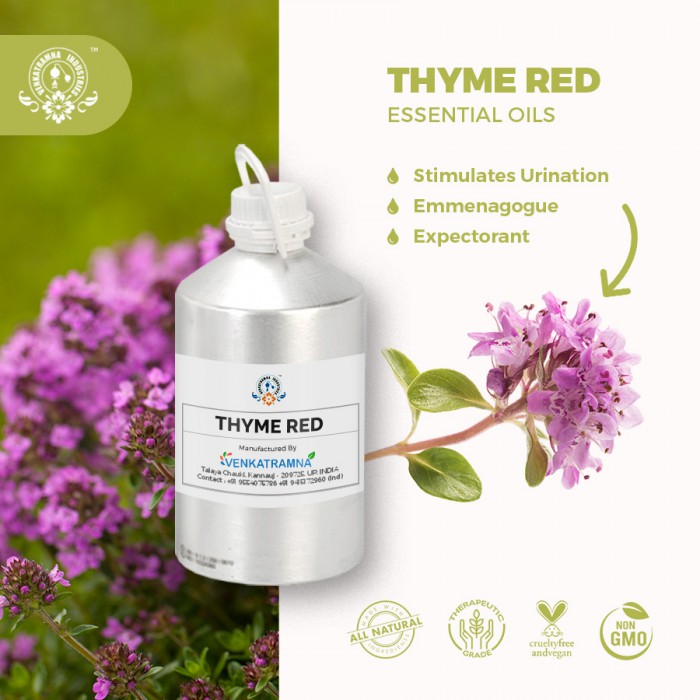
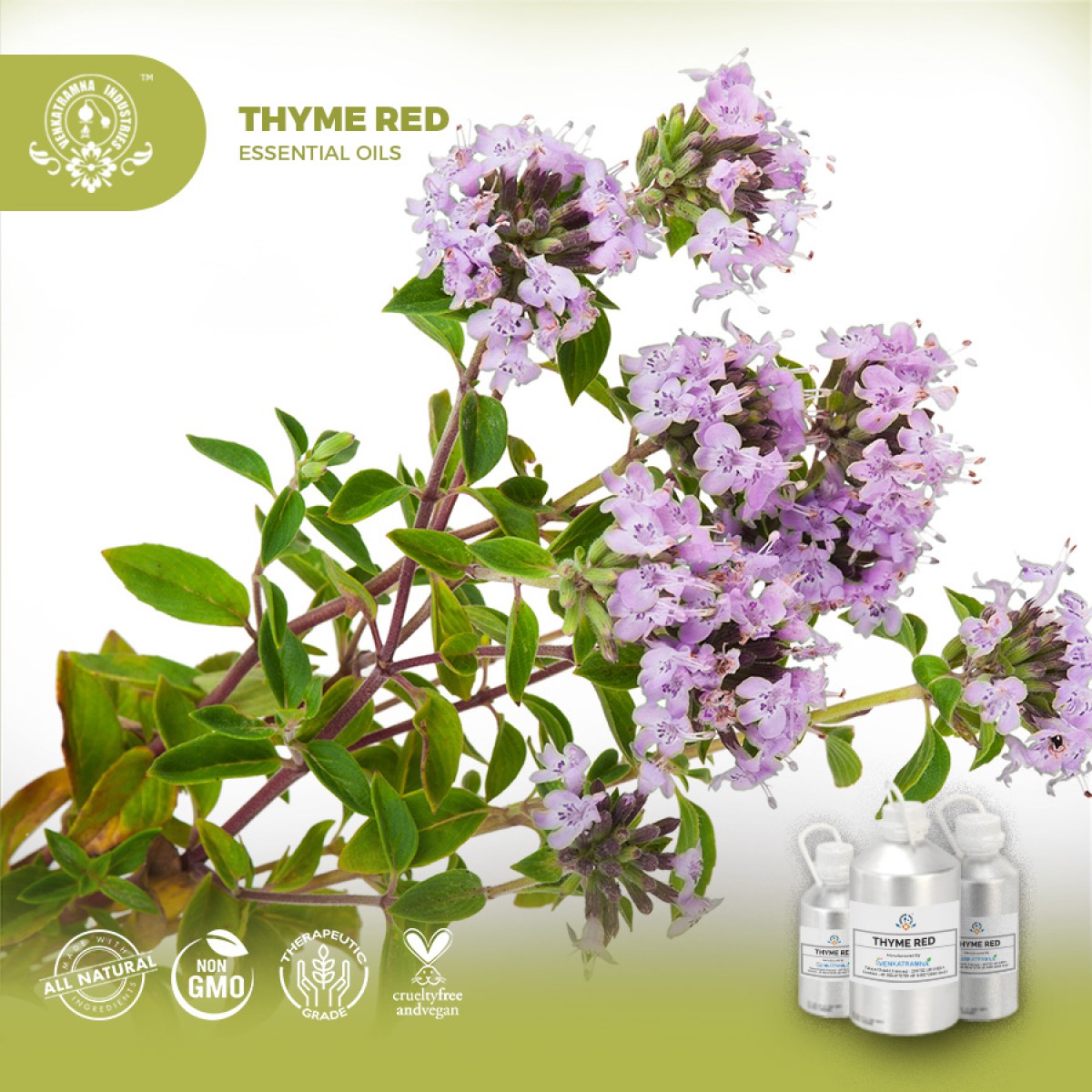
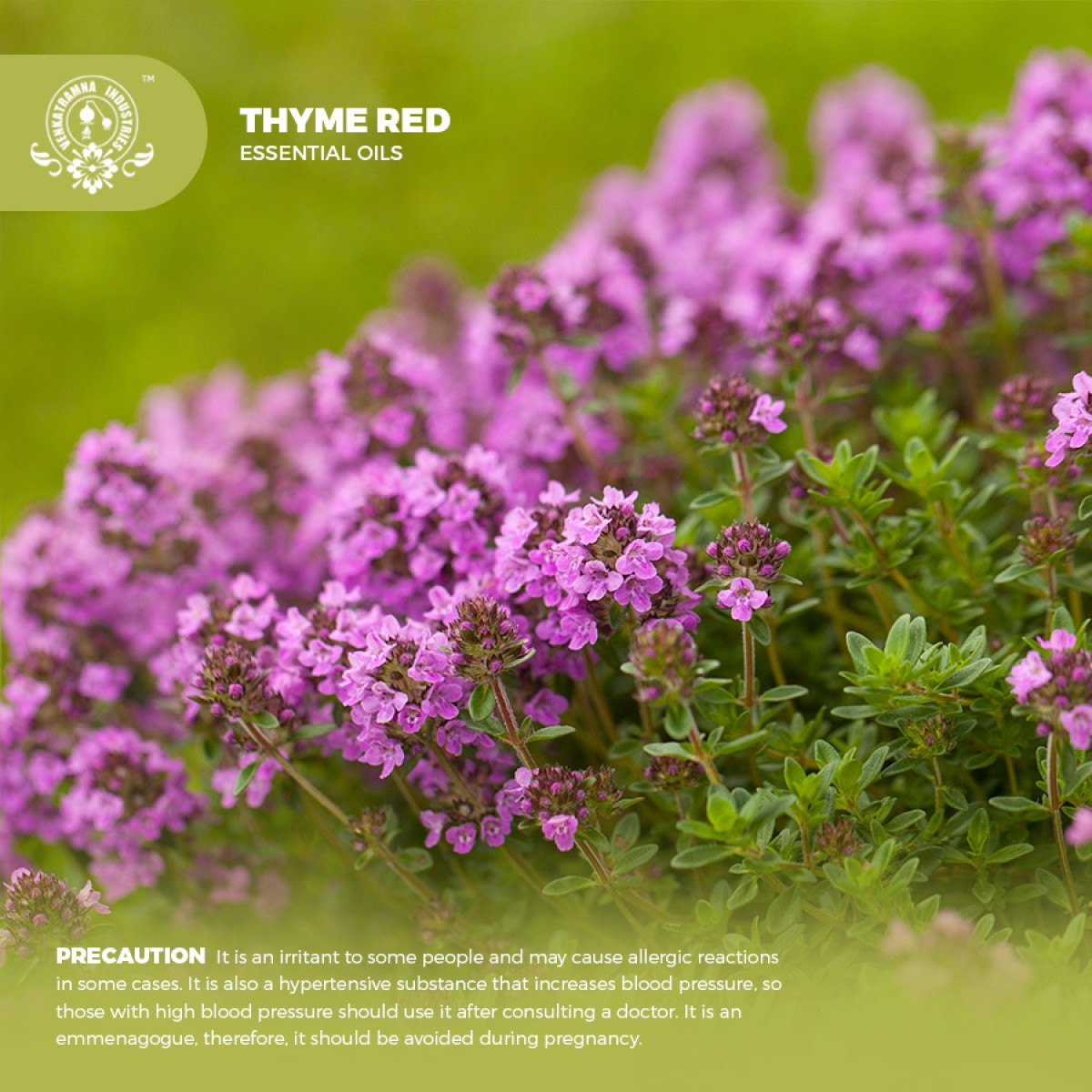
 MSDS-Thyme1.pdf
MSDS-Thyme1.pdf